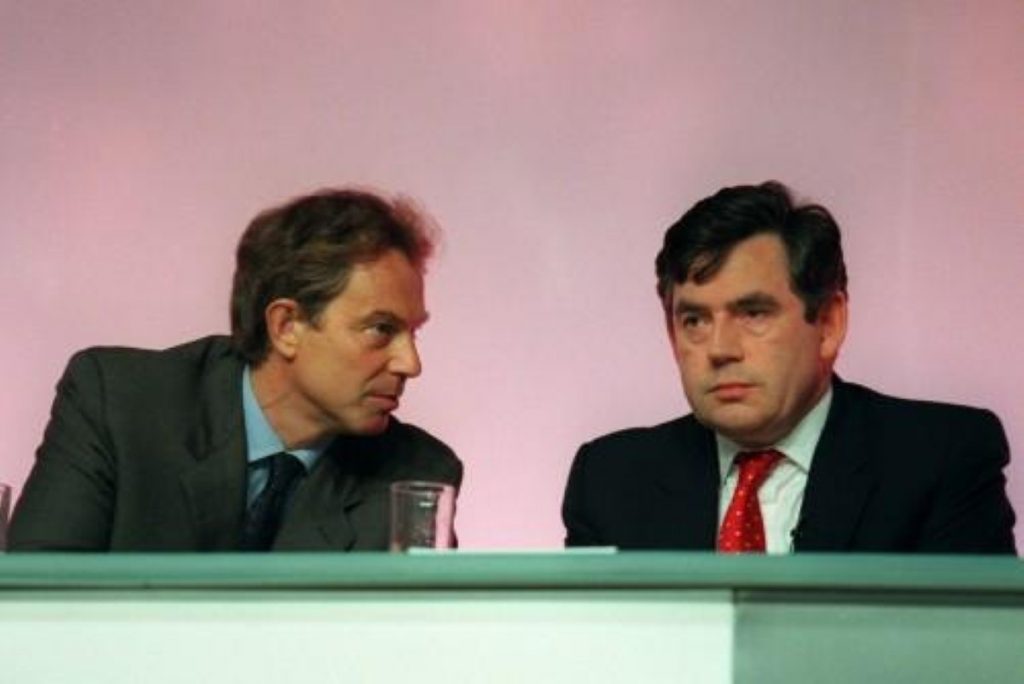Blair: Brown was ‘bonkers’ and I couldn’t be bothered with him
More details have emerged of the total breakdown at the height of government during the New Labour period with the publication of the next volume of Alastair Campbell's diaries.
The latest instalment, which covers the period 2001–2003, sees Tony Blair brand Gordon Brown "bonkers" and raises questions about the former chancellor's insistence at the Leveson inquiry that he had never ordered briefings against his colleagues.
"TB [Tony Blair] was at Chequers. He felt a dark cloud of GB [Gordon Brown] over him the whole time," an extract of the memoirs published by the Guardian reads.
"He said GB was getting desperate and now was acting as a destructive force much of the time.


"Later Andrew Adonis called to say GB had sent a 44-page letter to all Cabinet ministers attacking foundation hospitals. Earlier, Alan Milburn had said to me that GB was positioning himself as reforming re PFI [private finance initiative] but totally against anything that looked like private sector provision of public services.
"Not surprisingly, Alan was pretty ballistic about the letter, and said what it showed was GB's determination to kill any real progress.
"When I told TB about it, he paused for a long time and then said: 'He's brilliant and ambitious but he's also bonkers and I just can't be bothered with it.'"
The former director of communications at Downing Street wrote that Mr Blair decided to sack Mr Brown at one point, but was never able to do so.
"'I'm going to sack him'," he quotes Mr Blair as saying.
"'I've come to a settled view that he has to go. There was a time when I could make the case that the tension was creative. But it has reached the point where it is destructive and it can't go on'."
Mr Brown raised eyebrows last week when he told the Leveson inquiry under oath that he had never ordered briefings against colleagues.
Former chancellor Alistair Darling had previously accused Mr Brown of "unleashing the forces of hell" against him after he gave an interview warning of the worst recession since the great depression.
Mr Brown specifically denied that allegations, saying Mr Darling was "a friend of mine as well as a senior colleague".









